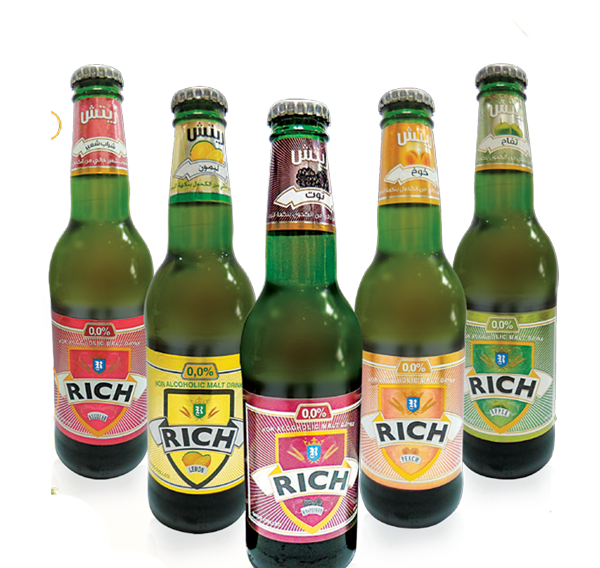ProhibitionBrewer
New Member
- Joined
- Jan 11, 2020
- Messages
- 4
- Reaction score
- 3
Hello all,
I'm a bit overwhelmed trying to source some grains in Saudi Arabia. I am a first time brewer, and I understand that this will be an uphill battle given my location and lack of experience, but I have had fair luck with sourcing brewing supplies so far. Everything is sorted except for local sourcing of grains and hops, both of which I've located but am unsure of quality. (Let's only talk about grains here.)
I've searched the forum a little bit, and it seems like everybody has known "brands" or "styles" of grains that they purchase, and many people follow pretty set recipes. Over here I've got a shop made out of cinder blocks on a crowded street, it's about 15 feet wide by 25 feet deep, it's a fire hazard, and everyone in there smells, but it has character! They sell ~6 different varieties of wheat (though they can't tell me much about the wheat other than the country of origin), and 1 variety of barley.
These are what I'm struggling with:
1) How can I identify barley that is viable to be malted? (I've purchased a pound and have got it soaking presently - I guess I'll find out.)
2) How can I identify, by sight, what wheat will make a satisfactory beer? I prefer light beers and hefeweizens, but I will probably be brewing for parties with people who have varied taste.
3) I understand that "general purpose" barley needs to be malted and milled before being used in the mash. Is this correct?
4) Is there any special preparation for "general purpose" wheat prior to using it in the mash (except for milling of course)?
5) I'm assuming that the wheat I can get will be protein-y. I intend to use whirlfloc to help. Anything else I need to concerned of?
6) If wheat doesn't need to be malted prior to brewing, would a 100% wheat beer be the easy option to avoid the process of malting barley?
Regards,
Mike
I'm a bit overwhelmed trying to source some grains in Saudi Arabia. I am a first time brewer, and I understand that this will be an uphill battle given my location and lack of experience, but I have had fair luck with sourcing brewing supplies so far. Everything is sorted except for local sourcing of grains and hops, both of which I've located but am unsure of quality. (Let's only talk about grains here.)
I've searched the forum a little bit, and it seems like everybody has known "brands" or "styles" of grains that they purchase, and many people follow pretty set recipes. Over here I've got a shop made out of cinder blocks on a crowded street, it's about 15 feet wide by 25 feet deep, it's a fire hazard, and everyone in there smells, but it has character! They sell ~6 different varieties of wheat (though they can't tell me much about the wheat other than the country of origin), and 1 variety of barley.
These are what I'm struggling with:
1) How can I identify barley that is viable to be malted? (I've purchased a pound and have got it soaking presently - I guess I'll find out.)
2) How can I identify, by sight, what wheat will make a satisfactory beer? I prefer light beers and hefeweizens, but I will probably be brewing for parties with people who have varied taste.
3) I understand that "general purpose" barley needs to be malted and milled before being used in the mash. Is this correct?
4) Is there any special preparation for "general purpose" wheat prior to using it in the mash (except for milling of course)?
5) I'm assuming that the wheat I can get will be protein-y. I intend to use whirlfloc to help. Anything else I need to concerned of?
6) If wheat doesn't need to be malted prior to brewing, would a 100% wheat beer be the easy option to avoid the process of malting barley?
Regards,
Mike

























![Craft A Brew - Safale BE-256 Yeast - Fermentis - Belgian Ale Dry Yeast - For Belgian & Strong Ales - Ingredients for Home Brewing - Beer Making Supplies - [3 Pack]](https://m.media-amazon.com/images/I/51bcKEwQmWL._SL500_.jpg)






































